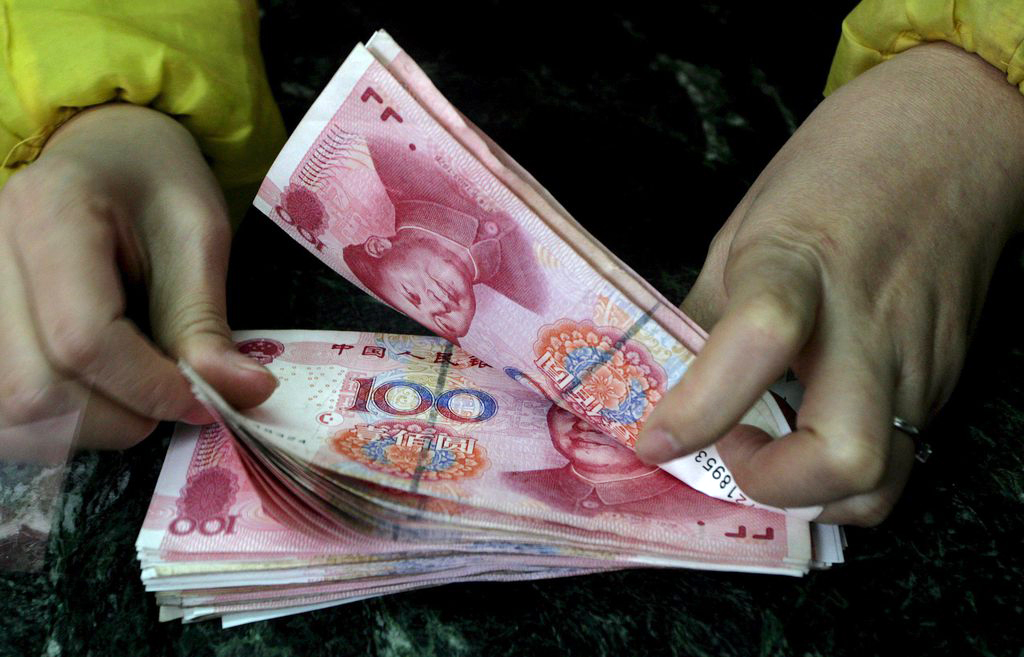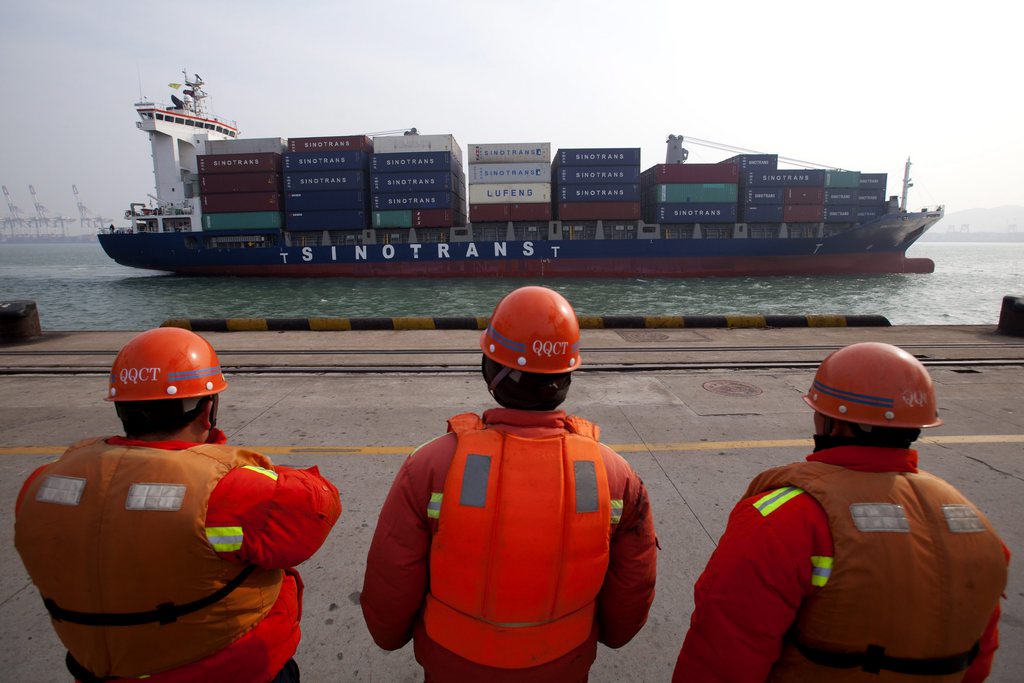China now Switzerland’s third-largest trading partner

China is now Switzerland’s third-largest trading partner after Germany and the United States, according to a press release issued on Monday by the Swiss Center Shanghai SCS. In the last seven years it has overtaken Britain, France and Italy.
Switzerland is one of very few countries which has a trade surplus with China and Hong Kong, writes SCS, a non-profit organisation which supports Swiss companies setting up business in Asia. This currently stands at CHF2.1 billion ($2.3 billion).
SCS quotes Swiss Federal Customs Administration figures showing that Swiss goods to the value of CHF 14.9 billion were exported to China and Hong Kong in 2013, according to the, an increase of 3.6% over the previous year.
In terms of value, Switzerland’s trade with China and Hong Kong more than doubled between 2003 and 2103.
Despite predictions by many analysts that China is about to experience a slowdown, SCS Managing Director Nicolas Musy says that Swiss executives in China have never been as optimistic about the future as they are now.
As many as 69 per cent of them expect their China 2014 sales to be higher or substantially higher than in 2013, according to a survey of the China Europe International Business School, the SCS and the Swiss Chinese Chamber of Commerce in China.
“Increased domestic and private demand of quality products will create the need for more and more imported goods,” says Musy. “And Swiss enterprises are good at exporting to China.”
He admitted, however, that luxury goods have been affected by the Chinese government’s new austerity campaign.
Figures released on February 6 by the Federation of the Swiss Watch Industry showed that exports to China were down by 12.5 per cent in 2013 in comparison with the previous year, and by 5.6 per cent to Hong Kong. Nevertheless, Hong Kong remained in top position in terms of value, and China in third.
Musy describes the Chinese economy as being at a turning point and facing many problems: “corruption, dependency on exports and investment, as well as a too strong and inefficient state-owned sector.”
But he believes that these problems have reached the point where they offer opportunities. “The Chinese leadership knows that economic liberalisation, favouring the private sector and strong domestic demand is the only way to maintain sustainable growth.”
In July 2013 Switzerland and China signed a free trade agreement aimed at reducing barriers to bilateral trade and allowing Swiss companies to export to China on favourable conditions. This agreement still requires approval by the senate and if opponents can gather enough support it may also be put to a referendum.

In compliance with the JTI standards
More: SWI swissinfo.ch certified by the Journalism Trust Initiative











You can find an overview of ongoing debates with our journalists here . Please join us!
If you want to start a conversation about a topic raised in this article or want to report factual errors, email us at english@swissinfo.ch.